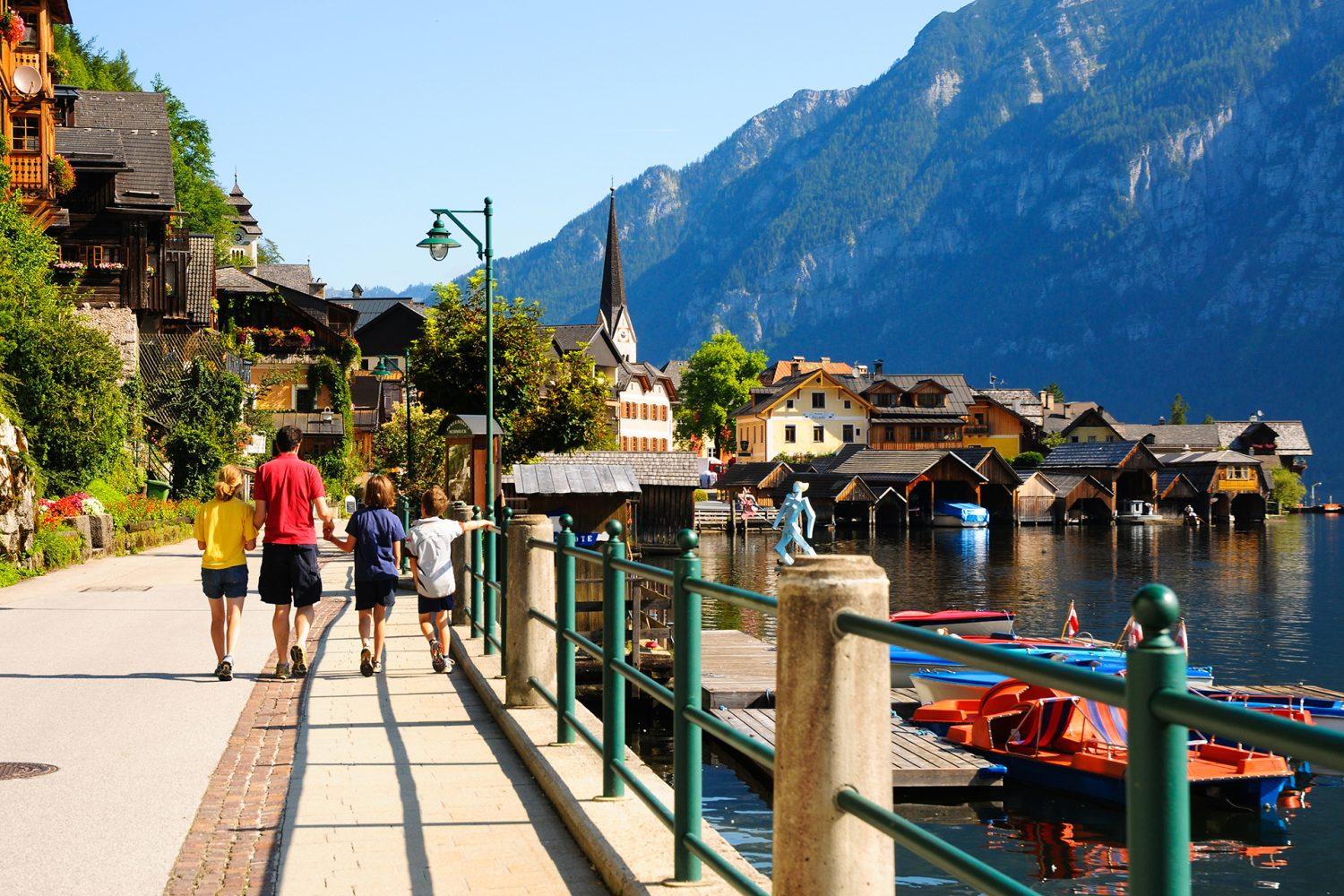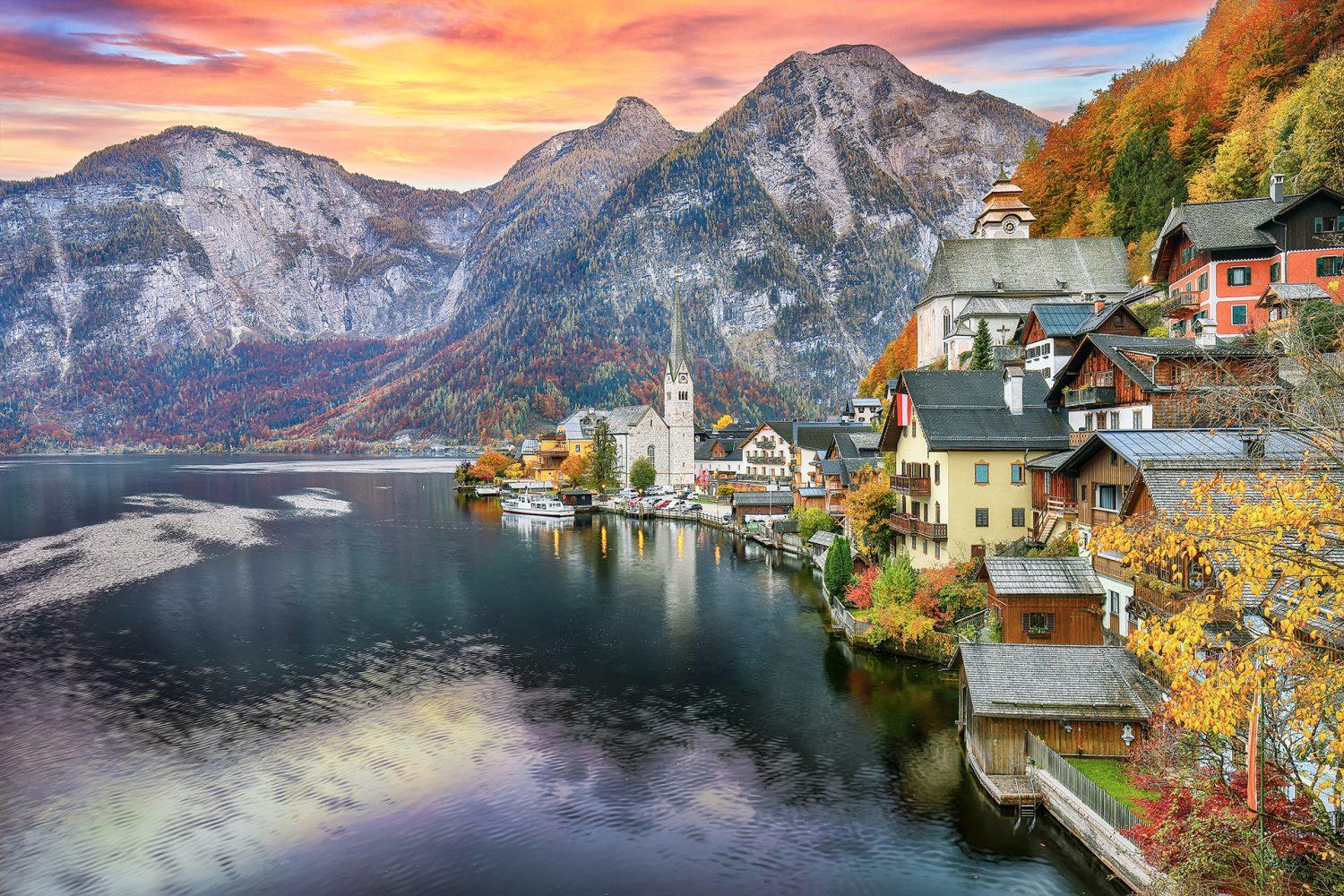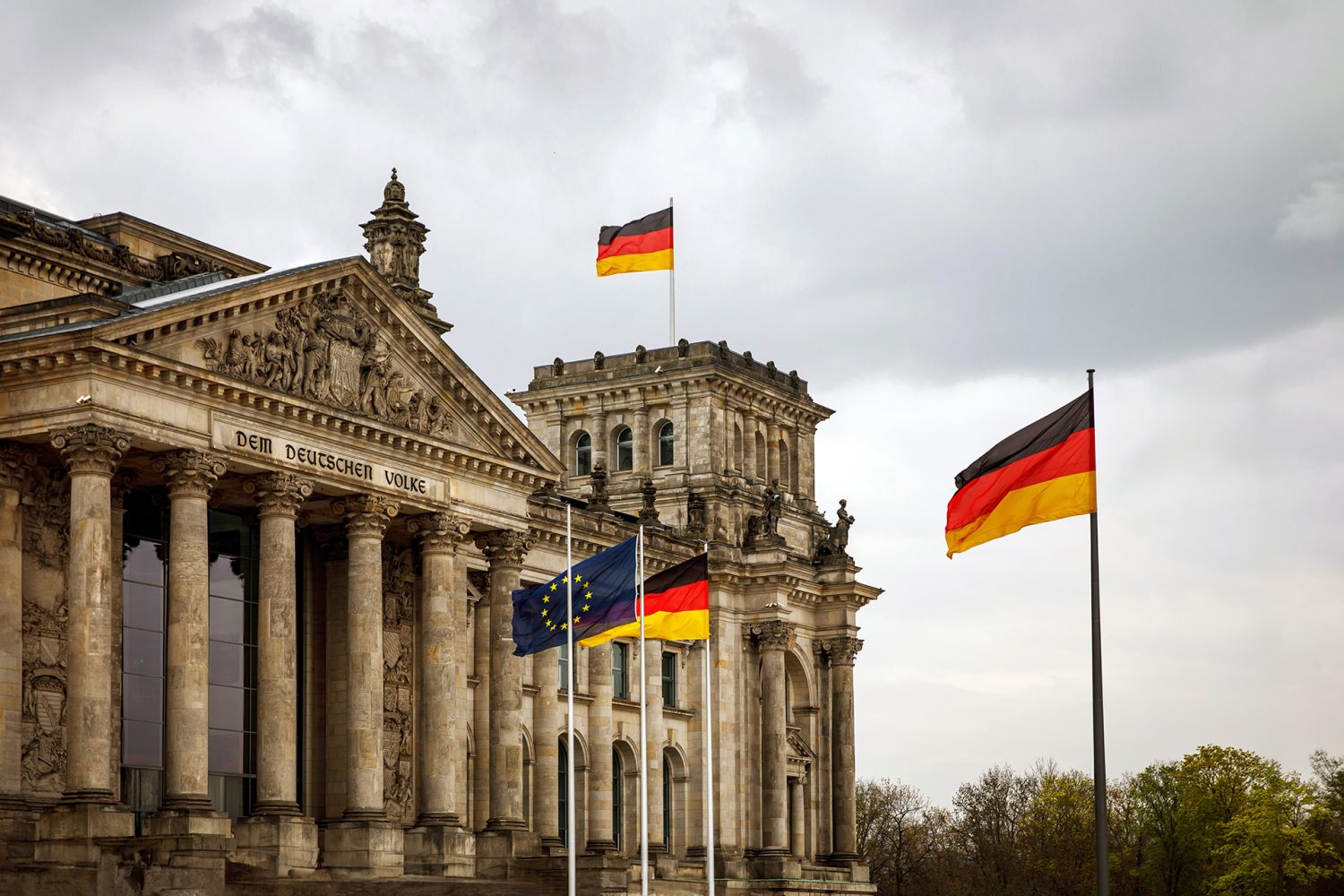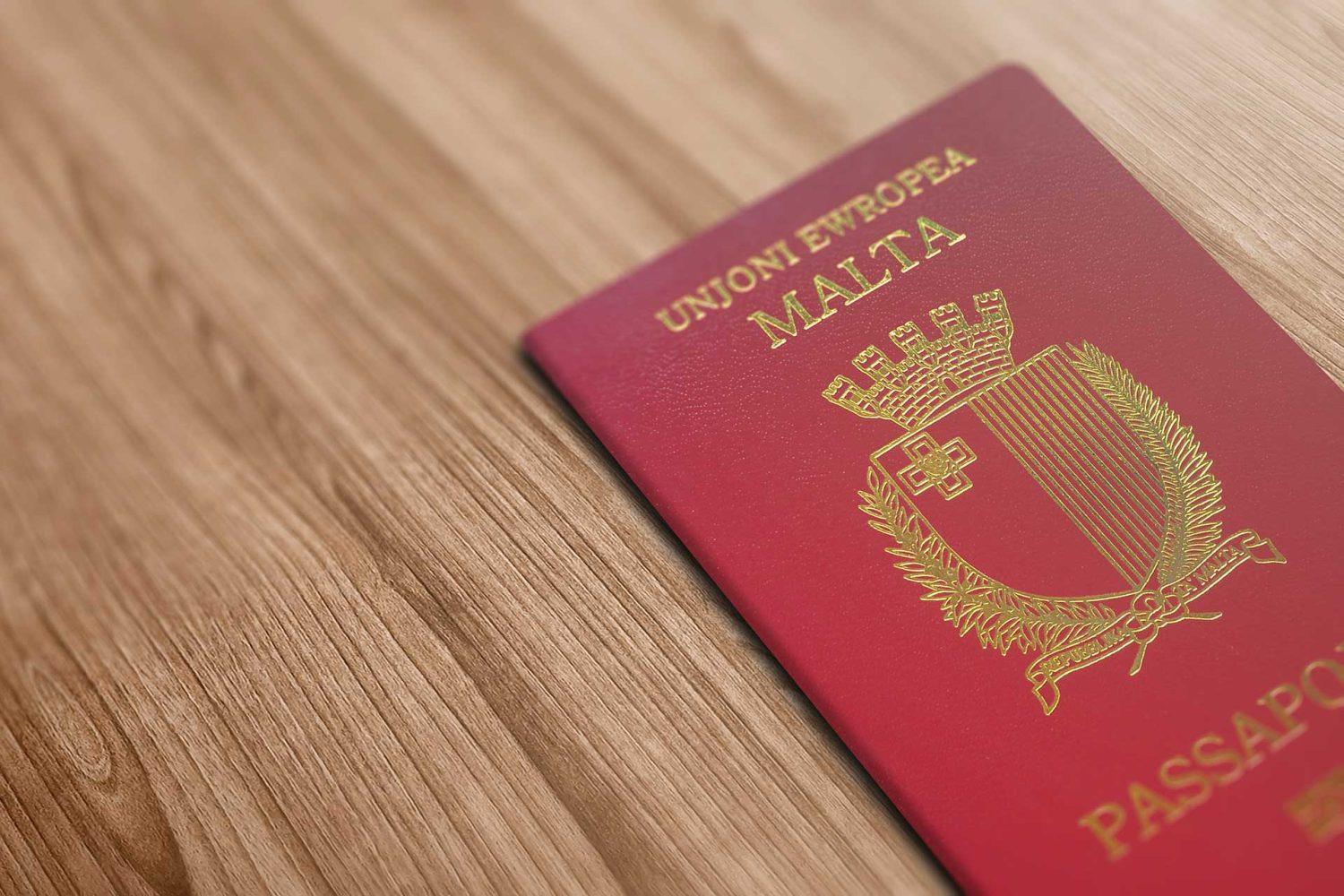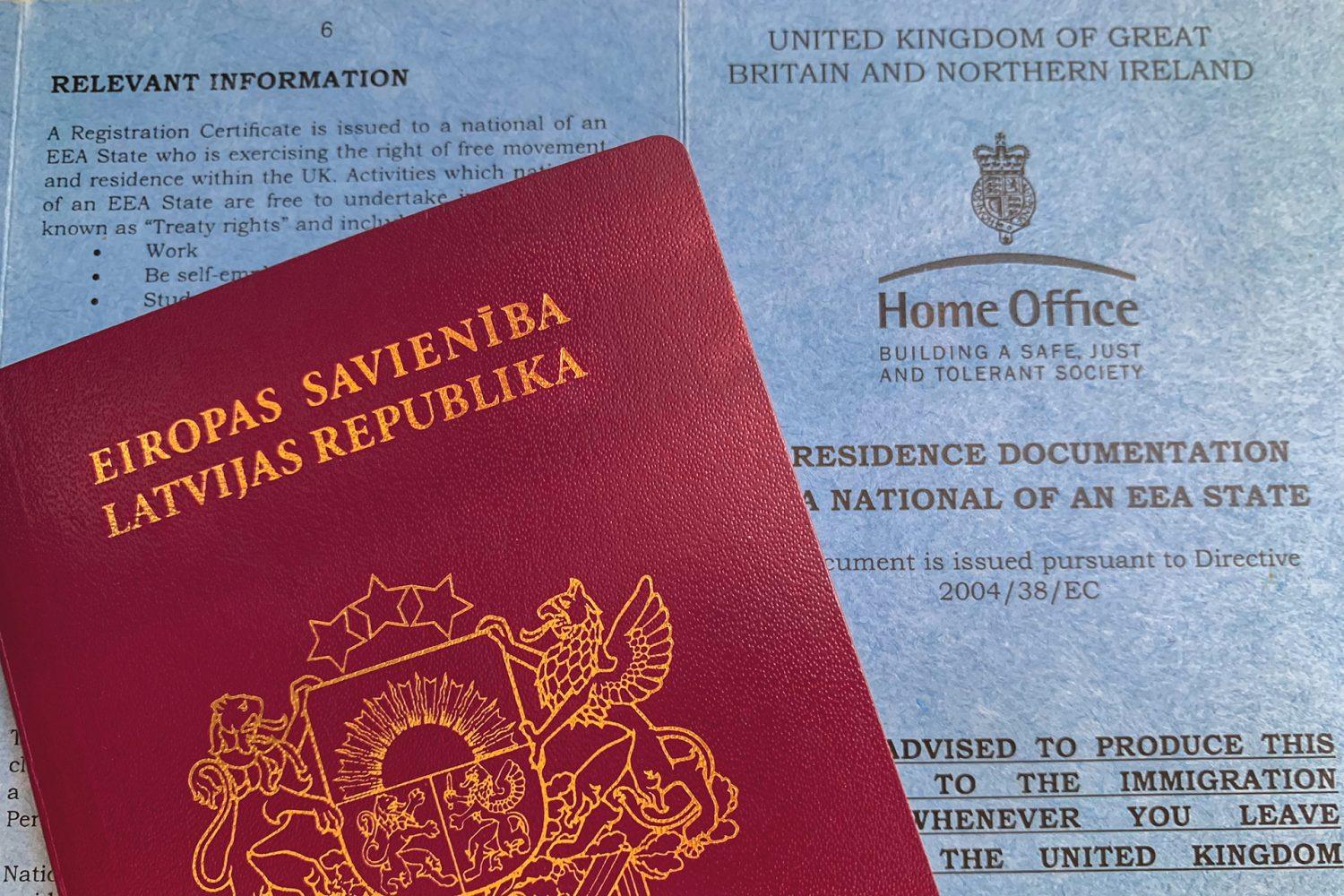
Diana Weber
Lawyer of international law
Rating:
30
December
Obtaining Austrian Residence Permit for Foreigners
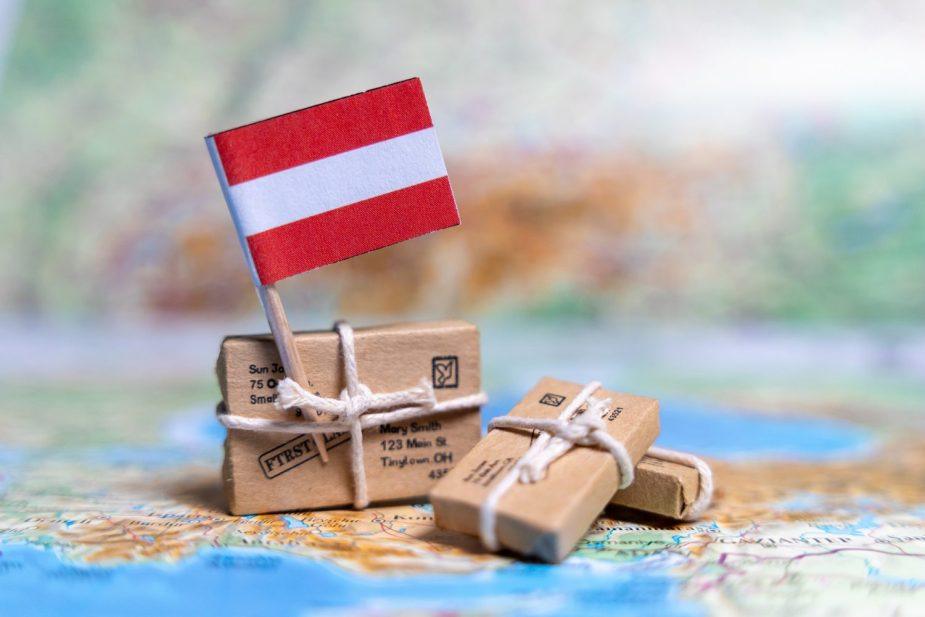
A residence permit in Austria is a document that is issued to those who plan to stay in the country for longer than six months and have a legitimate reason for this. With it, you can live in the state for 1-2 years, usually - with the right to extend this period, if the basis remains relevant. Temporary residents get the opportunity to work (sometimes with restrictions), do business, study, use the services of local banks and hospitals. In the long term you can apply for citizenship of the EU country, which within the standard naturalization procedure takes from 10 years from the moment of moving.
A residence permit in Austria looks like an ID-card and can be of several types - with the right to employment and without it, with the prospect of immigration or short-term type. There are special variants like Rot-Weiß-Rot and Blaue Karte EU cards for highly qualified specialists. Residency status is granted to foreigners who have proven that they have an official reason to stay in the state for a long time. It is also necessary to be without a criminal record and have sufficient income for self-support, a place of residence in the Republic of Austria, and health insurance.
The fastest and most affordable way to obtain residency in Austria in 2026 is to move to Austria with a passport of another EU country under a simplified procedure. With professional legal assistance, it is possible to obtain a second EU citizenship in a maximum of one year. Sign up for a free consultation to get more details from an Immigrantinlaw specialist.
A temporary residence permit in Austria gives you the right to stay in Austria for a longer period of time, to leave and return without a visa, and to extend your stay in the long term if there is an immigration reason. You can also:
According to the federal law on settlement and residence, an Austrian residence permit can be obtained for:
The maximum processing time of applications for a residence permit in Austria ranges from 30 days to 6 months from the date of submission of the application and depends on the grounds. It is possible to request permanent residence in the republic 5 years after moving. To apply for citizenship by naturalization you have the right after 10 years of total stay in the country. Listed below are the grounds on which the issuance of a temporary resident card in the republic is available as of 2026.
Submit an application form and we'll get back to you!
Moving to Austria is possible for those who are employed by a local company or private individuals. Depending on the situation, you can obtain:
In each case, official employment must be documented, usually by a work contract with an Austrian company.
You can open a residence permit as an individual entrepreneur with proof of self-employment for a period of 6 to 12 months if it is in the economic interest of Austria. You can replace it or immediately apply for an immigration Rot-Weiß-Rot card if one of the conditions is met:
Representatives of the authorities assess the economic benefits of your business plan, after which they make a decision on granting the right of residence in Austria. They assess your start-up capital, your company's development prospects, your education and professional experience.
The right to move to Austria is available to those who have an idea of a promising start-up and funds of at least 30 thousand EUR for its realization. When making a decision, the authorities use a point system that evaluates your education, professional experience, language skills, age and financial solvency. To apply for a residence permit, you must score at least 50 points out of a possible 85. Subsequent renewal of residency will require you to prove the success of your enterprise.
An Austrian residence permit is issued for those who plan to move to the republic to live together with family members. The receiving party must have a passport or a residence permit of the republic or an immigration-type residence permit. Family reunification is approved for de facto spouses, registered partners, children under 21 years of age who are not married (including adopted children and stepchildren).
A request for a family residence permit in Austria can also be approved for other relatives, such as parents or grandparents under certain conditions, if they are supported by the inviting person. In any case, you need to have the means to support yourself (from 1200 EUR per month per person) and know German at A1 level.
You can obtain residence in Austria if you study at a certified school, university, academy or similarly accredited institution. A student residence permit is issued for 12 months and can only be renewed if you demonstrate good academic performance. As a student, you may be allowed to work up to 20 hours per week without passing a labor market test, provided that such activities do not interfere with your education. This type of residence permit only counts halfway towards the period of residence for naturalization.
Austria grants residence rights to financially independent persons who receive funds remotely or as passive income. Such residence permits with a validity period of up to 12 months are issued within the framework of annual quotas (the number is limited) and do not allow you to work or run a business in the territory of the republic.
Your income must be at least 2500 EUR if you move to Austria on your own, from 3850 EUR for a couple and another 375 EUR for each child. You can receive contributions, for example, in the form of state payments (relevant for pensioners), dividends from securities and shares, as profits from your company abroad.
A temporary residence permit in Austria is granted to those who request asylum. You can apply for refugee status if you cannot live in your home country for objective reasons, e.g., there is active fighting or you have been discriminated.
It is possible to move to Austria by applying for subsidiary or temporary protection for those who do not fall under the refugee criteria, but who have valid reasons for requesting it. The right of temporary residence for victims of human trafficking, sexual exploitation and domestic violence is also approved on a humanitarian basis. The authorities consider each of these requests on a case-by-case basis.
Also eligible for a temporary residence card in Austria are:
In each of these cases, you need to prove the justification for the move with appropriate documents, e.g., an invitation from a university or an intra-company agreement.
It is possible to move to Austria for a long period of time without searching for immigration grounds if you have an EU passport. Immigrantinlaw's international law specialists can help you to become a participant of the simplified program for applying for a second EU citizenship without taking integration exams, preliminary opening of residence permit and providing information on income. Sign up for a free legal consultation to find out more.
Submit an application form and we'll get back to you!
The basic prerequisite for obtaining the right of residence in Austria is that there is a legitimate reason for the move (short or long-term). According to the general requirements, a residence permit is granted to those who:
Additional conditions and requirements vary depending on the type of Austrian residence permit. For example, professionals with high qualifications must confirm their experience and/or education, and financially independent foreigners - have time to register before the end of annual immigration quotas.
To apply for temporary resident status in Austria you need:
A successful move to Austria is possible if you submit the necessary documents, personally visit the authorities and pay all administrative fees. Subsequently, the residence permit can be extended (if provided by law), as well as make a request for permanent residence and citizenship of the European Union.
Austrian law regulates the list of documents according to which you should prepare your dossier:
All documents must be submitted in the original, with certified copies, and must be officially translated into German. Legalization rules depend on your country of citizenship, for example, some certificates may require an apostille.
The initial residence permit is usually applied for through one of the Austrian consulates or embassies in your country of permanent residence. Most diplomatic missions accept visitors by appointment - online or by phone, which can be found on the official website of the relevant authority. You will need to attach an application for a residence permit to your basic dossier.
A sample of filling out the application form for temporary resident status is available on the website of the Austrian Ministry of Interior. The application is submitted by you personally on the appointed day and time. The standard period of residence permit processing is up to six months, but some types of residency provide for an accelerated procedure, such as Rot-Weiß-Rot and EU Blue Card. You can check the status of consideration of your request by contacting the above-mentioned authorities.
Immigrantinlaw lawyers will help you to understand all the nuances of immigration procedures. Step-by-step support of international law specialists is a guarantee of successful obtaining a passport or residence permit in the EU.
The cost of issuing a temporary residence permit in Austria is 160 EUR for those over the age of six and 145 EUR for those younger. The EU Blue Card is charged at a different price - 30.7 EUR. If foreign civil status documents (e.g., birth or marriage certificate) are provided, additional fees may apply. When calculating how much it costs to issue a residence permit, you should also take into account the costs of an interpreter, notary, migration specialists.
Application for extension of the Austrian residence permit must be submitted no later than 90 days before the expiration of the current document. To the application form, you attach the necessary documents, including a receipt for the payment of the state duty and proof of a legitimate reason to stay in the Republic. While the new residence permit is being issued, you retain all the rights and benefits of a temporary resident, e.g., you can continue to work or study.
You can apply for a long-term residence permit in Austria 5 years after your move. In addition, you have to pass an integration module, which confirms your knowledge of German at the A2 level. You can apply for citizenship by settling (naturalization) after another 5 years, i.e., after a ten-year period spent in the Republic as a resident. In this case, you need to demonstrate the language level from B1 and renounce a passport in your home country.
The most common reason for refusal of Austrian residency is incorrect actions of the applicant, e.g., omission of one of the conditions for granting the status or submission of an incomplete set of documents. Do not approve requests to those who have previously been expelled from the Schengen zone and / or has a ban on entry into the state.
It is impossible to buy a residence permit in the Republic, and if the fact of using forged documents for its registration is discovered, your status will be canceled. Also, the residence permit ceases to operate if the reason for being in the country is no longer relevant. When extending the residence permit, your level of integration into society is checked. In case of a negative assessment, there is a risk of being rejected even if you have a reason to live in the country.
Get more information about the peculiarities of immigration to the EU at a free consultation
Starting in 2025, Austria introduced important changes to the rules on residence, residence permit renewal, and requirements for permanent residence. These updates are particularly relevant for those planning to apply for a residence permit or for permanent residence status in 2026.
You can successfully move to Austria with minimum expenses and without unnecessary efforts with the help of international law specialists of Immigrantinlaw. Immigration lawyers will help you to choose the best program for opening residency or EU citizenship. Accompanying a specialist at every stage gives you confidence in the result and minimizes your worries. You can sign up for a free consultation right now to immigrate to a developed EU country in the coming months.
Immigration to Germany for Permanent Residence
24 April
Permanent residence in Germany is a document for permanent living in the country, which is provided to immigrants after fulfilling...
How to Obtain Maltese Citizenship and Passport in 2026: A Complete Guide
14 March
Many people are interested in the conditions of citizenship registration in Malta - a warm, safe and inexpensive country located...
How to Get Citizenship of Sweden
4 October
Swedish citizenship is the legal relationship between the country and you as an individual. According to the national laws of...
Immigration to France for Permanent Residence
2 December
Permanent residence in France - the status of permanent resident, which practically equalizes you in rights with the citizens of...
Obtaining EU Residence Permit for Foreigners
3 December
Temporary residence in the EU is the presence of a permit for temporary residence in any of the union states....
How to Get Citizenship of Latvia
24 January
Latvian citizenship can be obtained in three ways - by application (naturalization), origin (repatriation) or birth (blood right). The conditions...
Discover
new opportunities
with a European Union passport!
Submit the application form and we will call you back!
Leave a request
Contacts